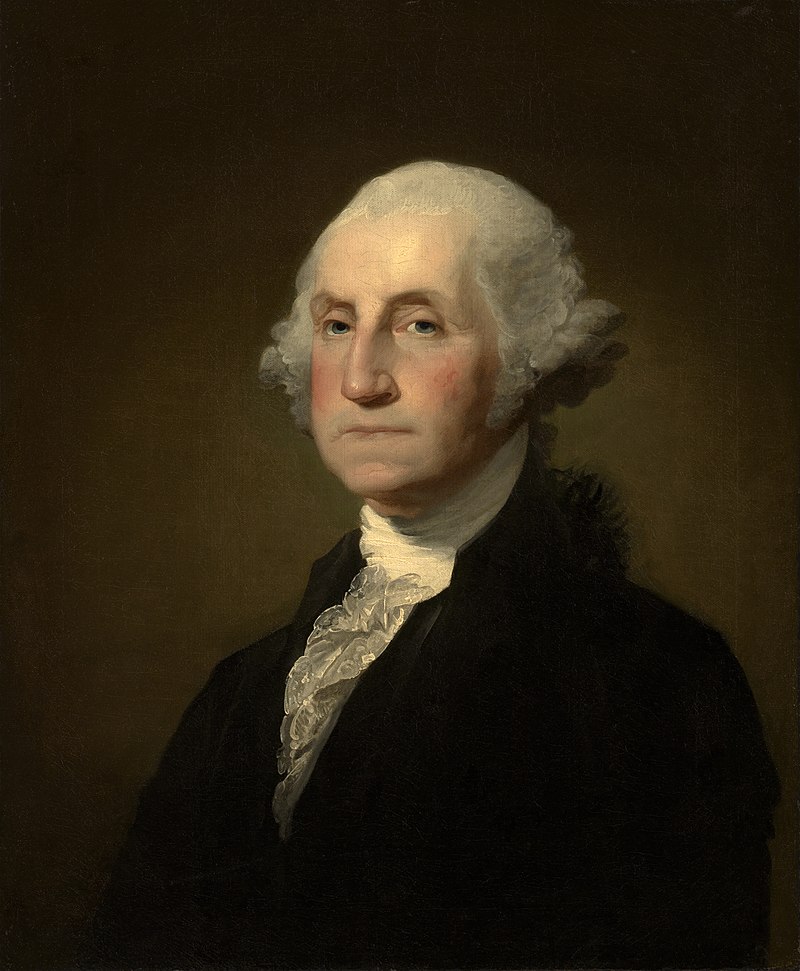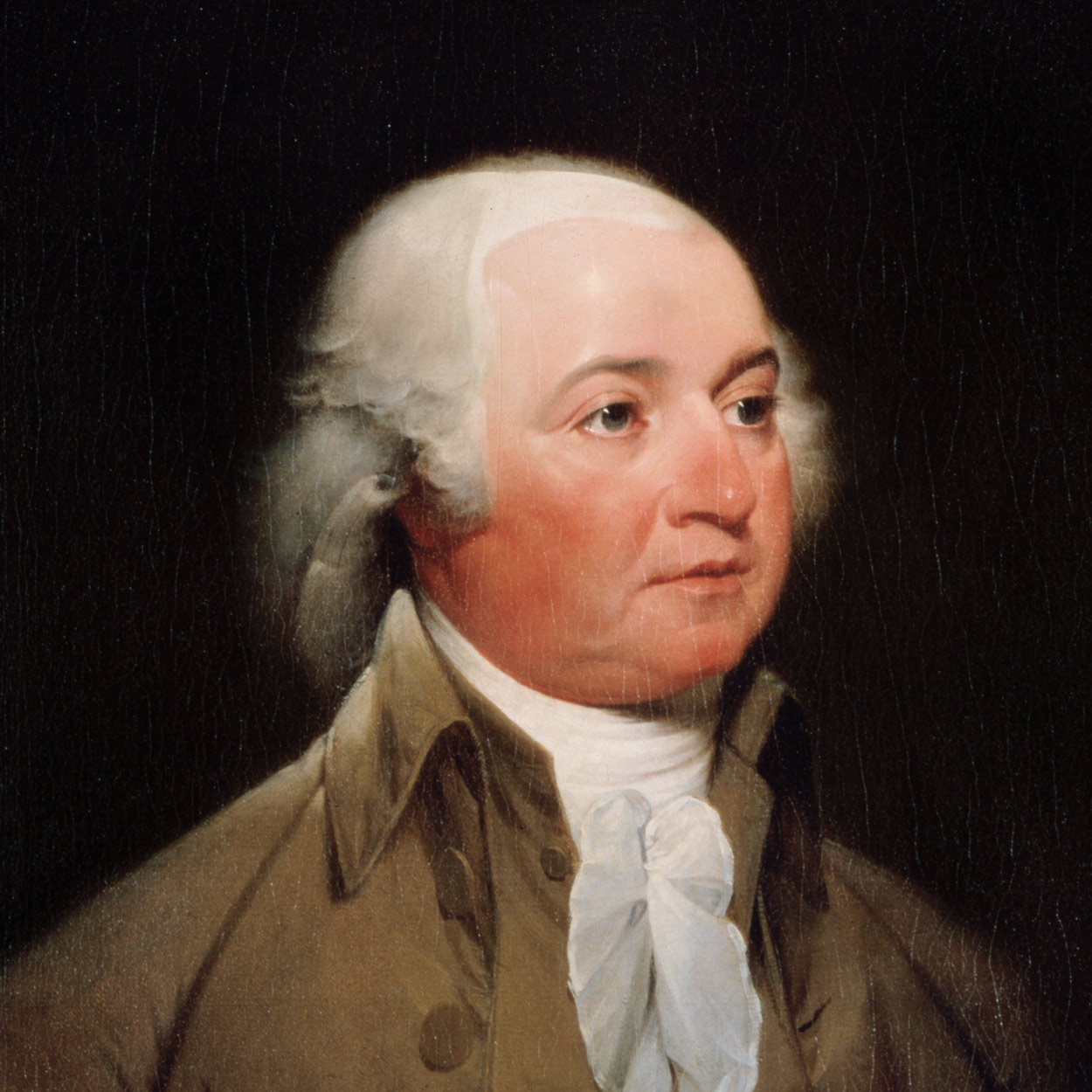Prologue
Hey all. I've been a lurker for a good while, and only recently joined this forum. So, I want to give this whole AH thing a shot. If you have any comments or concerns, feel free to share, as I've never done something like this before. Now, on to the show.
For the next few years, the US would follow the Articles of Confederation, which treated the states more like their own countries. The people feared that if the central government was too strong, it would remind them of the British government, so the Articles had lots of restrictions. The powers of this central government were not much: war, diplomacy, and resolving disputes between states. It didn't have the power, however, to pass legislation regarding the economy, so that caused economic decline. Also, for a law to pass Congress, it needed a very high majority of the states, and for an Amendment to pass, every state needed to approve.
Basically, governing the country was left to the states. This confusing government lead to mutinies in Pennsylvania and NJ in 1781, soldiers marching on the capital in 1783, and the Newburgh Conspiracy, which would've overthrown George Washington.
The unrest lead to Shays' Rebellion in 1786 and 1787, which called for a better Constitution. Would the people get it? Yes.

Scene at the Signing of the Constitution of the United States, made by Howard Chandler Christy in 1940.
Between May and September, 1787, delegates from the 13 states convened, initially to reform the Articles, but in the end, to create a new Constitution.
This Constitution would describe how states would be admitted, and how borders would change. It outlined how the Constitution could be amended. It made federal laws superior to state laws, and it stated that to ratify the Constitution, a state needed to host a ratifying convention, where they would vote on the subject there. But, the most important part were the 3 branches of the government. They knew Congress would make up the legislative branch, and the Supreme Court the judicial branch, but what about the executive branch? Who would lead such an important part of the country?
This question lead to a slight delay, as the delegates bickered about what title this person would have. In the end, after about 6 days of this bickering, the delegates decided... that it would be a King.
Some people did not like this decision. Of course, one of the reasons why this wasn't a good choice to some was simple: the country gained independence from a kingdom, and they didn't want to be a kingdom. Others believed this would give the person too much power. As a result, on September 24, 1787, the day the delegates were to sign the Constitution, a mob of people who didn't support a King surrounded Independence Hall, preventing them from entering. The delegates had to postpone the signing to the next day, September 25. The mob arrived after the delegates, so they were successfully able to enter the building and get the signing over with.
So now, it was up to the states to ratify it. The first state to ratify, making it the first US state, was Delaware. They were followed by Pennsylvania, New Jersey, and by 1789, 11 of the 13 states had already ratified it (the other 2 were North Carolina and Rhode Island).
A new question lied upon the people: Who will be the King? Which of the millions of Americans will be chosen to lead the country and pass on his legacy to his children and their children, and on and on? This was a good question, and it required the decision... of Congress.
On January 14, 1789, in a special session, Congress would decide who becomes the King of the United States.
For 13 long, grueling hours, the choice as to who would become the King came down to 3 people: former General George Washington, Founding Father John Adams, and Founding Father Thomas Jefferson.
The entire Congress was required to cast a single vote. In the end, the results would be read out, and whoever had the most votes would be crowned as the first King of the United States.
It took 11 minutes, but they finally had a decision:
They voted overwhelmingly in favor of the former General of the Continental Army, and with that, on March 4, 1789, Washington would officially be crowned as King George I of the United States.
Now, George had to ask himself a question, as the days to him becoming King came closer: Is he up for the challenge? Is he capable of leading an entire country with millions of people who could become angry if you make a single bad choice? Most importantly of all, does he feel like this whole King thing won't be so bad after all?
We'll just have to wait and see.
King Americana: If the USA Had a King
Prologue
The year is 1783. The still brand new United States of America had just achieved a feat most people couldn't do: defeat the British. After 8-or-so years of fighting the Redcoats, the US had signed the Treaty of Paris. In the treaty, the British had to accept and recognize the independence of the United States. They also had to cede territory all the way to the Mississippi River, giving them access to its resources. This was a giant win for the Colonists.Prologue
For the next few years, the US would follow the Articles of Confederation, which treated the states more like their own countries. The people feared that if the central government was too strong, it would remind them of the British government, so the Articles had lots of restrictions. The powers of this central government were not much: war, diplomacy, and resolving disputes between states. It didn't have the power, however, to pass legislation regarding the economy, so that caused economic decline. Also, for a law to pass Congress, it needed a very high majority of the states, and for an Amendment to pass, every state needed to approve.
Basically, governing the country was left to the states. This confusing government lead to mutinies in Pennsylvania and NJ in 1781, soldiers marching on the capital in 1783, and the Newburgh Conspiracy, which would've overthrown George Washington.
The unrest lead to Shays' Rebellion in 1786 and 1787, which called for a better Constitution. Would the people get it? Yes.

Scene at the Signing of the Constitution of the United States, made by Howard Chandler Christy in 1940.
Between May and September, 1787, delegates from the 13 states convened, initially to reform the Articles, but in the end, to create a new Constitution.
This Constitution would describe how states would be admitted, and how borders would change. It outlined how the Constitution could be amended. It made federal laws superior to state laws, and it stated that to ratify the Constitution, a state needed to host a ratifying convention, where they would vote on the subject there. But, the most important part were the 3 branches of the government. They knew Congress would make up the legislative branch, and the Supreme Court the judicial branch, but what about the executive branch? Who would lead such an important part of the country?
This question lead to a slight delay, as the delegates bickered about what title this person would have. In the end, after about 6 days of this bickering, the delegates decided... that it would be a King.
Some people did not like this decision. Of course, one of the reasons why this wasn't a good choice to some was simple: the country gained independence from a kingdom, and they didn't want to be a kingdom. Others believed this would give the person too much power. As a result, on September 24, 1787, the day the delegates were to sign the Constitution, a mob of people who didn't support a King surrounded Independence Hall, preventing them from entering. The delegates had to postpone the signing to the next day, September 25. The mob arrived after the delegates, so they were successfully able to enter the building and get the signing over with.
So now, it was up to the states to ratify it. The first state to ratify, making it the first US state, was Delaware. They were followed by Pennsylvania, New Jersey, and by 1789, 11 of the 13 states had already ratified it (the other 2 were North Carolina and Rhode Island).
A new question lied upon the people: Who will be the King? Which of the millions of Americans will be chosen to lead the country and pass on his legacy to his children and their children, and on and on? This was a good question, and it required the decision... of Congress.
On January 14, 1789, in a special session, Congress would decide who becomes the King of the United States.
For 13 long, grueling hours, the choice as to who would become the King came down to 3 people: former General George Washington, Founding Father John Adams, and Founding Father Thomas Jefferson.
The entire Congress was required to cast a single vote. In the end, the results would be read out, and whoever had the most votes would be crowned as the first King of the United States.
It took 11 minutes, but they finally had a decision:
| George Washington, Virginia | 31 | 62% |
| Thomas Jefferson, Virginia | 13 | 26% |
| John Adams, Massachusetts | 6 | 12% |
They voted overwhelmingly in favor of the former General of the Continental Army, and with that, on March 4, 1789, Washington would officially be crowned as King George I of the United States.
Now, George had to ask himself a question, as the days to him becoming King came closer: Is he up for the challenge? Is he capable of leading an entire country with millions of people who could become angry if you make a single bad choice? Most importantly of all, does he feel like this whole King thing won't be so bad after all?
We'll just have to wait and see.




